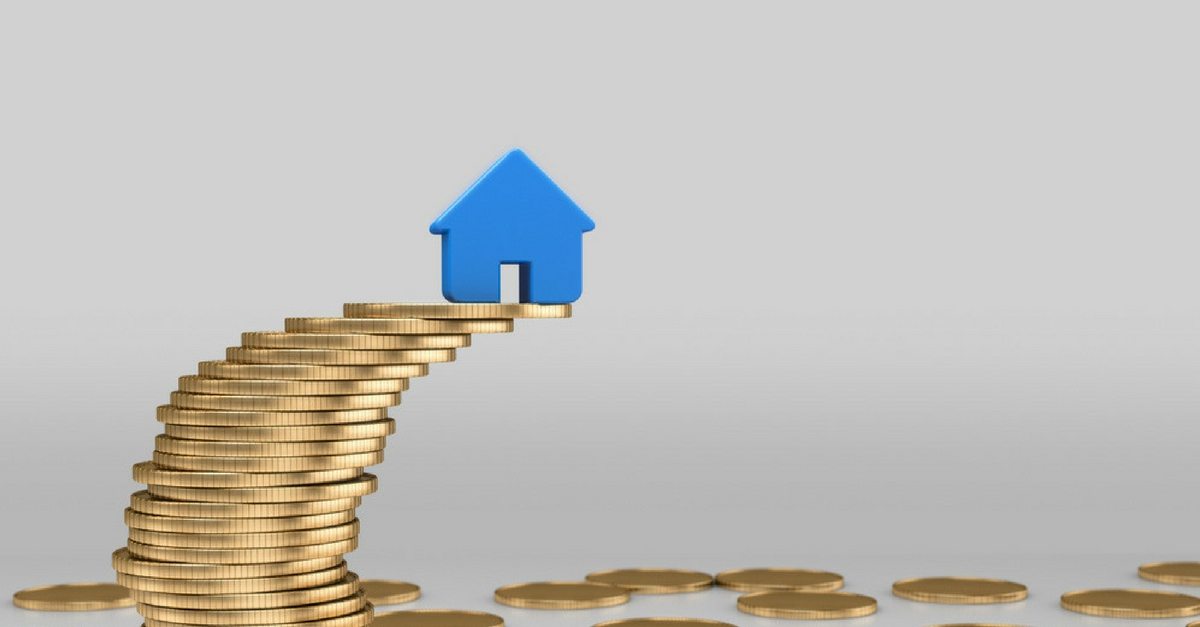
While a high ratio mortgage can help secure a property with a smaller down payment – or tap into equity during a refinance – this tight margin creates a higher risk of financial trouble if your income drops, expenses increase, or other unexpected hardships occur. Below, I explore what it means to have a high ratio mortgage, why it can increase the chance of insolvency, and what solutions exist to manage debt that do not put your home and mortgage at risk.
Table of Contents
What Is a High Ratio Mortgage?
A high ratio mortgage is any mortgage loan that exceeds 80% of your home’s value, also called a high loan-to-value (LTV) ratio. This can happen if:
- You buy a home with a down payment below 20% of the home price.
- You refinance your existing mortgage and borrow more than 80% of what your home is worth.
Traditional lenders—like major banks—typically require mortgage insurance through providers such as the Canada Mortgage and Housing Corporation (CMHC), Genworth, or Canada Guaranty if your loan is above 80% LTV. By contrast, alternative lenders may not require insurance but often charge higher interest rates and fees because of the increased risk.
Why High Ratio Mortgages Carry More Risk
When you have less than 20% equity in your home, your options can be limited if life throws you a curveball. Here’s why:
- Higher Mortgage Payments: Even if with a maximum amortization period, higher monthly mortgage payment can strain your budget. You will also have to pay monthly mortgage loan insurance premiums.
- Higher Interest Costs: Mortgage rates on high ratio mortgages will be higher unless you have an insured mortgage. First time home buyers also tend to combine low down payments with longer mortgage amortization periods. This will increase the amount of interest you pay on your mortgage over the life of the loan.
- Less Flexibility: Your equity cushion is smaller if real estate values drop or if you face a financial hardship. With little home equity, you might not be able to refinance or sell easily if you need to.
- More Debt on Credit Cards: If your mortgage payment strains your budget, it’s tempting to rely on credit cards or a line of credit for everyday expenses, which can snowball into bigger debt.
- Higher Foreclosure Risk: Even a short-term crisis – like a gap between jobs – can lead to missed mortgage payments, foreclosure and sometimes bankruptcy.
Our Hoyes Michalos research found that when homeowners file insolvency they have an average home equity of just 10%. Worse, one in seven had negative home equity in their home at the time of filing.
When Mortgage Debt Leads to Insolvency
“Insolvency” means you can’t keep up with your debt payments. This can happen quickly if you’re juggling a high ratio mortgage plus other debts. Here are common warning signs that may signal you’re at risk:
- Relying on credit cards or lines of credit to cover everyday expenses
- Late or missing mortgage payments or feeling you’re always playing catch-up
- Considering a second mortgage or HELOC to refinance unsecured debt
If you’re thinking about borrowing against your home’s equity to manage debt – through a second mortgage or a home equity line of credit (HELOC) – it’s important to be aware of the risks. Increasing your loan-to-value (LTV) ratio places more financial pressure on your home, which can leave you vulnerable if your income drops, expenses rise, or home values shift.
Before you increase your mortgage debt, consider whether a consumer proposal might help you manage unsecured balances without risking more of your home’s equity. A Licensed Insolvency Trustee can explain your options and work with you on a plan that protects both your finances and your home.
Book a free, no-obligation consultation today to:
- Discuss your mortgage and debt challenges
- Learn about consumer proposals, bankruptcy, and other options
- Develop a realistic plan to manage or reduce your monthly payments





